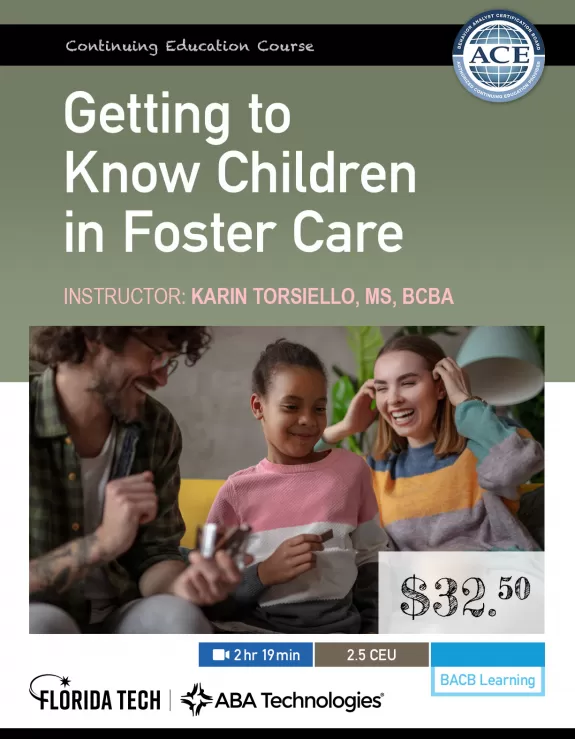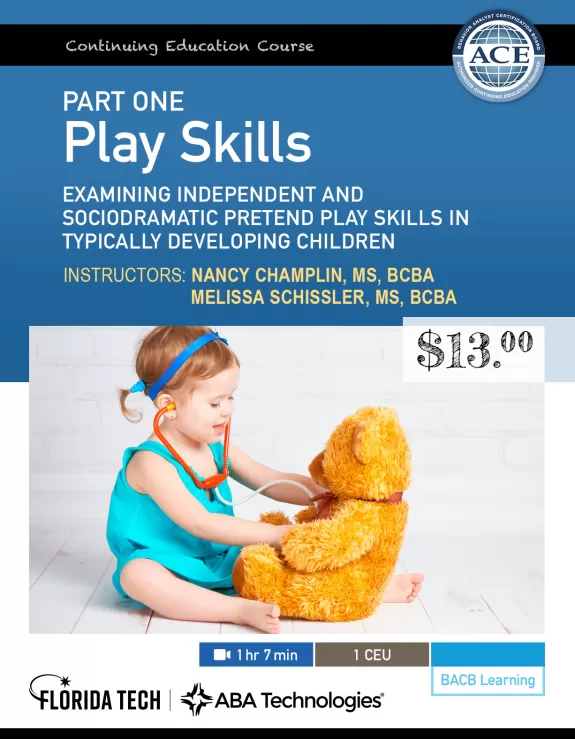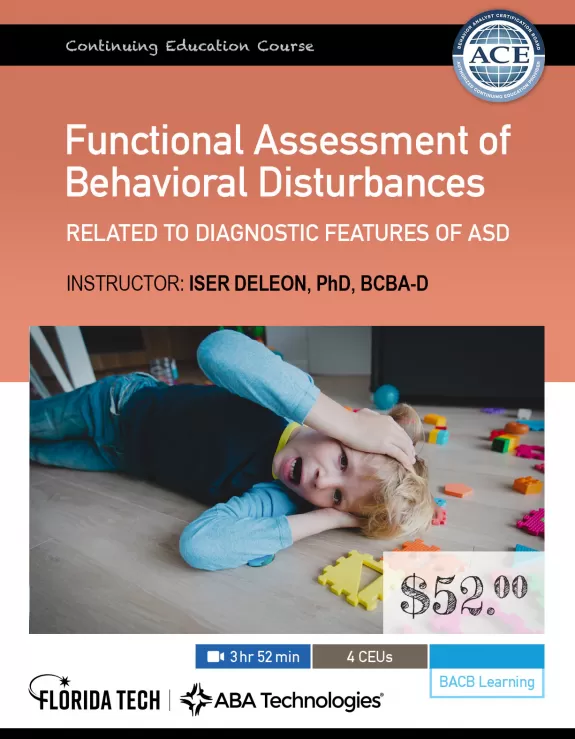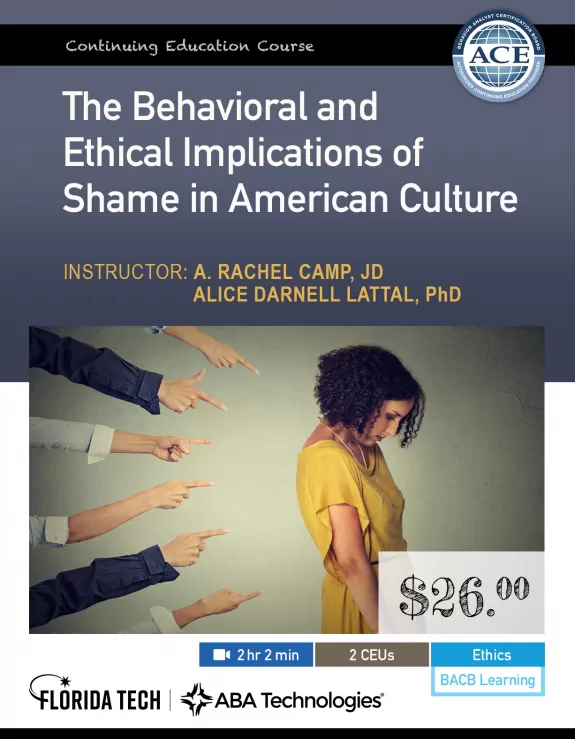Getting to Know Children in Foster Care
Abstract
Children in foster care have had varying life experiences that may impact their behavior. In learning more about their experiential histories, clinicians are better able to pinpoint the contextual variables and functional relations of that child’s environment that have affected their behavior. That information can inform parents who are considering fostering a child. Often, children in the foster care system have experienced numerous caregivers, some adverse experiences, and changing physical environments that impact their development and sense of stability. In this course, Karin Torsiello shares the research on and suggestions for proactive strategies that improve parenting effectiveness and treatment-plan design for children in foster care environments.
Learning Objectives
What you’ll learn in the course and be able to do afterward
- Torsiello presents some of the key facts and statistics related to foster children, with which you will be able to
- identify the need(s) for ABA services;
- describe transition strategies to support children and parents;
- change environmental variables that will likely increase desired behavior;
- assess and treat emotional responding.
- When the role of the caregivers is clearly defined, they become empowered to do more for the child. You will learn to help caregivers
- implement new interventions;
- respond appropriately, not emotionally;
- be actively involved with treatment.
Partnership
This course is delivered through Florida Tech. Clicking "Enroll Now" will take you to Florida Tech’s website where you can Add to Cart, Checkout, and complete the course. Come back to our website for podcasts, blogs, courses, and content.




